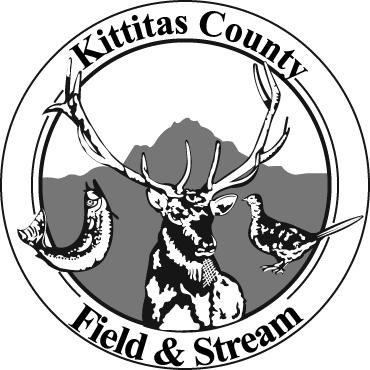About this time every year, one or another of the lonesome, pleading for love, bird rituals gets under someone’s skin.
Over the past few springs, it has mostly been the persistent drumming of the northern flicker (Colaptes auratus, a.k.a. the red shafted flicker). Four years ago, homeys Ken Matney and Joanie Taylor were musing about the flicker turning their house into an acoustic instrument. For the two springs after that, it was our turn. Last spring, the house of one of our neighbors became the drum of choice. By June, we all hoped – to no avail – the birds would give themselves headaches, but no chance; skull cushioning protects their little flicker brains from tap damage.
People swear it will drive them crazy, but I have yet to witness it. (Other than that time in Denver when Bob and Jan went nuts over the drumming on the outside of the wall above their pillows, but they had other issues.)
At any rate, that rhythmic, Morse-code-like tapping on houses or trees is a key part of the birds’ survival process. This drumming for love will happen on anything that makes a sound the birds like. So far, males are mostly just checking acoustics. Shortly, they will drum for territory and run off other males. Then, the serious love drumming starts. With a good solo, a male will draw a female into a duet. If she likes the guy and his territory, love will bloom as they chisel out a nest cavity in which to make more little drummers.
This year, it has been the mourning dove (Zenaida macroura, a.k.a. turtledove, rain dove and American dove). For some reason, our end of town seems particularly desirable territory for dove pleading, mating and nesting.
While I have always enjoyed the mournful call of a male seeking company, others apparently do not. A nephew was helping with the rebuilding of our berry beds, as a male took up residence in a nearby copse of willows. He became increasingly agitated as we worked in a part of the raspberries, and I asked him what was going on. “It’s that #$!@ bird,” he said, “and its hour after hour begging. I don’t know how much more I can take. When will he shut up?” I assured him that as soon as a female or two showed interest, he would switch to his best and most seductive flight maneuvers – very noisy diving followed by graceful circles. Once love finds them, they will settle into nest site selection, mutual feather preening and nest building. And, they will still be cooing and talking.
If you have been walking along the river, you were likely stirred or startled by the noisy early spring pairings of Branta canadensis – our Canada goose. This spring, it seems, their paired-off trips along the river and to and from nearby ponds have been loud and boisterous. I have watched and heard these springtime rituals in Kansas, on the Colorado plains and over mountain lakes high in the Rockies. The Hucklings still laugh about a late spring camping trip to Chambers Lake, northwest of Denver. Every morning one goose chased another up and down the lake with an urgent, piercing, “car-uunk, car-uunk, cur-wahnk.” At some point teenager Edward could take no more of the love-struck pleadings of that Canada goose, and yelled “Oh, for crying out loud, just say ‘Yes!’”
Check out our striking red-winged blackbirds – Agelaius phoeniceus – the most common birds in North America. After wintering as far south as Costa Rica, they are back in cattails and marshes all over our valley. Some males showed up as early as January to stake out their territories. Now, in full courtship display, the male drops his wings, showing off his red and yellow shoulder patches. (Studies, by the way, indicate that these “epaulettes” help establish dominance and breeding order.) While showing off his wings, he will tip forward, spread his tail, and sing his finest song.
The little California quail (Callipepla californica) boys are staking out turf and calling girls on all sides of us. From dawn >til dusk, we can hear that passionate “chi-CAH-go, chi-CAH-go.” In East Wenatchee, I grew up bathing in that call through a thousand warm spring days. Uncle Sam took me to other places on the planet, and after 35 years away from Paradise – and these quail – I found myself lecturing in a communication class in old Black Hall. On a warm spring day, through an open window, that call stopped me in mid-sentence. The students seemed to understand (it was about communication, after all). As the girl quails now agree to set up housekeeping in their territories, the boys will use a similar call to warn off intruders, and we will enjoy it all summer.
This is important stuff. We humans are not that unique among the species pairing up around us. Walk across campus, or any gathering area, and watch the strutting and bowing and moves of young men attempting to capture the hearts of the young women around them. It’s about the future of species – and making more.




